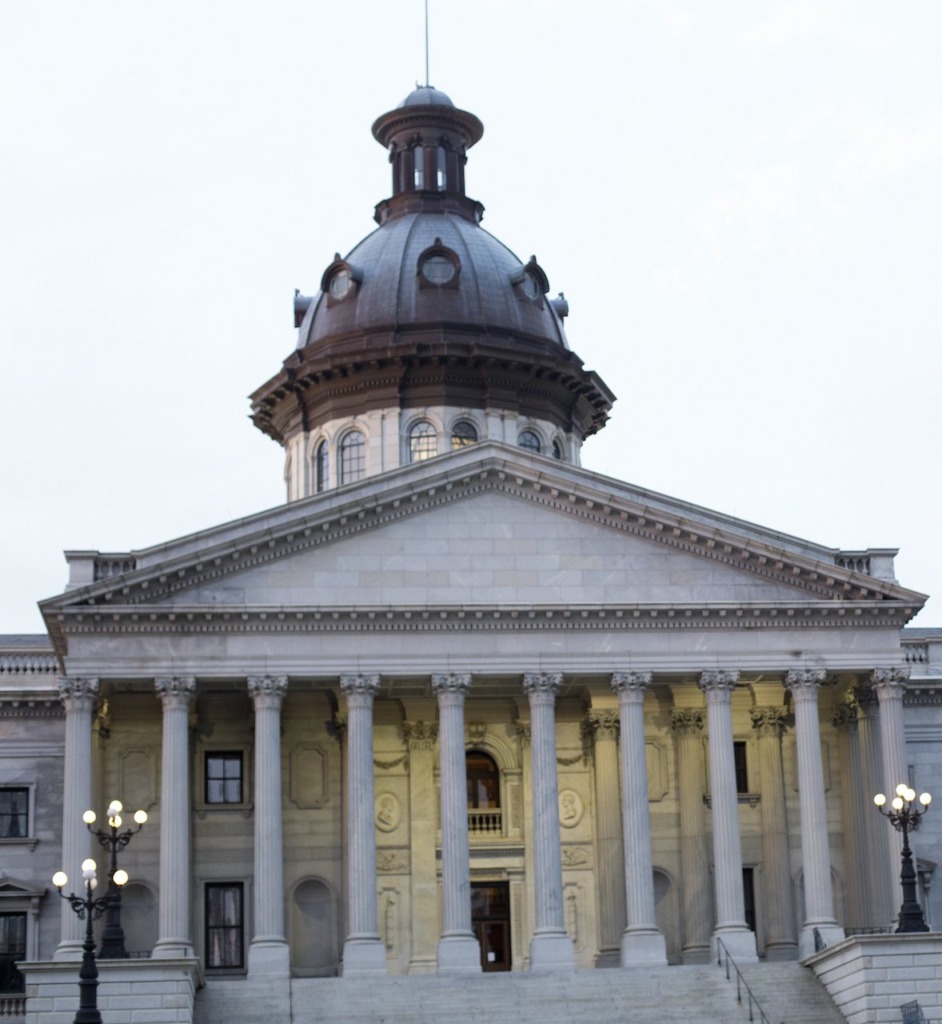(OSV News) – The South Carolina House of Representatives approved on May 17 a ban on most abortions after six weeks of pregnancy, paving the way for a significant change to the legality of abortion in one of the few Southern states that has not yet added restrictions to the procedure after the U.S. Supreme Court overturned Roe v. Wade last summer.
Republican Gov. Henry McMaster called lawmakers back for a special session to consider the Fetal Heartbeat and Protection from Abortion Act (SB 474), which bans most abortions after cardiac activity can be detected, a point before many women know they are pregnant, effectively banning most abortions.
The bill does include exceptions for rape, incest, life of the mother, as well as for a fatal fetal anomaly. Current South Carolina law permits abortion until 22 weeks gestation.
The bill will now return to the Republican-controlled state Senate, where lawmakers who already passed their own version of the bill in February will consider changes made by the House.
Even if passed and signed into law, it remains to be seen whether the bill would go into effect. The South Carolina Supreme Court previously struck down a similar six-week abortion ban.
If the legislation were to go into effect, it would mean that every Southern state in the U.S. except Virginia has moved to restrict abortion since the Supreme Court issued its decision in Dobbs vs. Jackson Women’s Health Organization last June.
The South Carolina Catholic Conference has supported the bill, praising lawmakers for advancing it in a post on their website.
“The Catholic Conference thanks our pro-life legislators for their resolve and commitment to defending the unborn,” the conference wrote.
Within days of the bill advancing in the Palmetto State, North Carolina lawmakers overrode Democratic Gov. Roy Cooper’s veto of a 12-week ban, allowing the law to be enacted. Nebraska legislators also advanced a 12-week measure.
Caitlin Connors, Southern regional director for SBA Pro-Life America, said in a statement that “momentum for life in the states continues with favorable votes this week in South Carolina, North Carolina and Nebraska to advance lifesaving measures.”
Connors expressed optimism about the law’s ability to be held up by courts.
“Enacting a heartbeat law that can withstand legal challenges will be a giant step forward for South Carolina,” Connors said.
Connors argued the measure would “save thousands of lives each year, and move the state from allowing painful, late-term abortions to protecting unborn children at the point when they have more than a 90% chance of surviving to birth.”
“We thank Gov. Henry McMaster for calling legislators back and look forward to the Senate swiftly sending the heartbeat bill to his desk,” she said.

